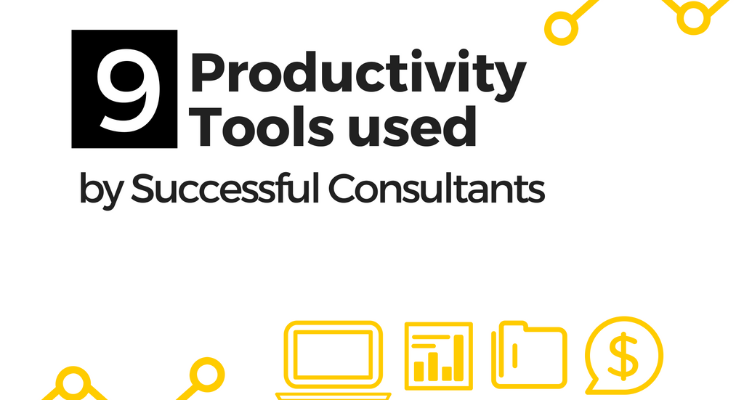Why having bad relations to serve short term self interest is bad?
I’ve seen some creative individuals and startup entrepreneurs display this kind of behavior.
They don’t care no matter how many people they hurt. That’s a part of their legacy whether people like it or not. They spend most of their time doing what is in their best interest (short term) and don’t give a damn to what it costs in terms of relations. This behavior in today’s competitive environment is called “professional” approach; the most execrable outcome of healthy competition. Competition today is no longer healthy.
Most of these are young individuals who have been trained to aim high. They have no clue about the negative aura and bad blood their actions leave. The time that they’ve spent so long striving to win increases their appetite for selfish actions. Their vision is limited to the success story of themselves, that they paint on their horizon.
They try and get everything they can out of the people they hire or work with. All the hard work, contacts, leads and advice, and everything else that they can get for free, even that last bit of energy left in their employees. Then they tend to dump and burn them on their way out.
Alas, they treat their people as though they are use and throw article. And once they have used it all, they don’t care about them and dump them as trash..
If any of these above symptoms happen to be your case, you certainly don’t know the implications of what you are doing. You don’t know the repercussions of treating other people, like they’re expendable. You keep hurting and agitating the people around you in order to achieve your goals.
Some of those implications will be clearly visible, and they’ll directly affect your road ahead. You’ll be unpleasantly astounded by how frequently those you’ve hurt come into each others’ orbits — and how soon you will need their help, as unlikely as it seems, when it is too late to ask for it.
However, there are some things that aren’t measurable too. You can’t predict what it can do to your happiness and business life.
You end up Being Alone
Toiling hard day and night, you keep reducing the number of friends and well wishers. With a single minded pursuit, you keep reaching one milestone after another. On the way, you do not celebrate; you have less people with you as you move ahead. In the end, you find yourself lonely and come back to the question: was it worth?
When I look back on the past 30 years, I know that there are many things that I am just not proud of. I guess that’s a universal way of evolving and progressing as a human being. The right trick is turning that into a better road ahead, and making sure that the same mistakes aren’t just repeated. And That’s pretty hard.
Bad Blood Damages your Business
Bad Blood will eventually damage your business. Most business owners learn this lesson the hard way, when they can do that by just reading a post like this.
Understand that selfishness is bad for business; hurting people is bad for business. But if you are unlucky enough to fall into both the traps, your failure is unavoidable. Your narcissistic disposition is wicked, irrational, and it rarely makes you a winner. Sometimes, all it does is — it leaves you alone in miserable situations.
I believe that there’s no gain in abusing, burning bridges and selling your people down the river. It turns them against you to the point where they no longer trust you. If you don’t resolve misunderstandings between you and your people, the relationship can deteriorate to the point where company cannot function.
Businesses are facing tough competition that didn’t exist decades ago. Consequently, the desire to grab the best opportunities gets in the way of how business owners/leaders treat people in the organization. As a business leader, realize that nearly as important as customers are the employees.
You owe an ethical responsibility to your people as they contribute to the success of your business. Don’t hurt them thinking that’s the best way to get ahead.
And you won’t lose that much, through learning it. There’s always a better way in every situation, even if that is not as simple, even if it’s difficult. That’s okay.
The practice of putting people first ensures that, for any decision and action, the leader appreciates that relations make a key difference to the outcome; they are assets, not expenses.



